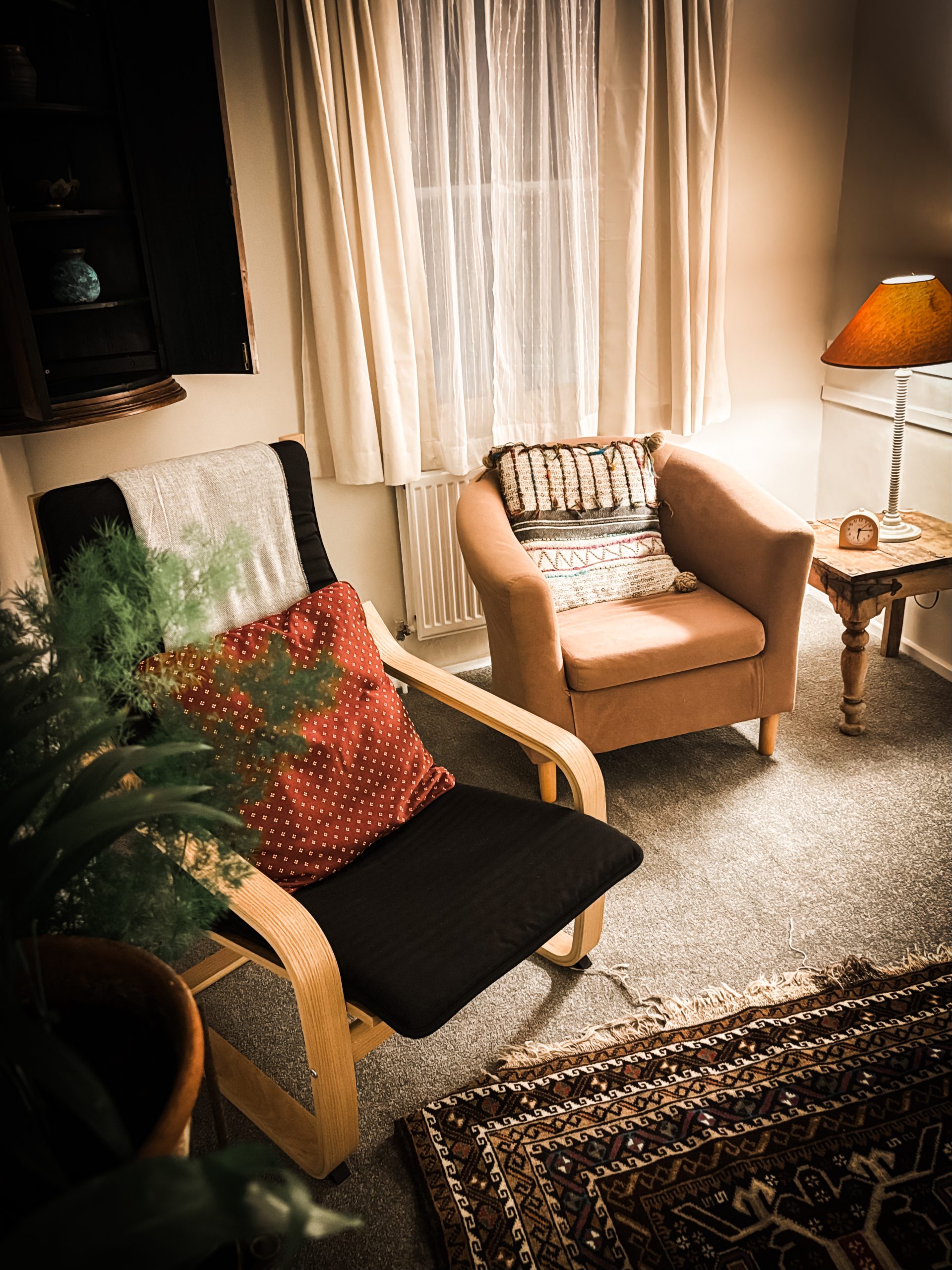Mindfulness and Spirituality
At the heart of psychotherapy, and other healing modalities lies the therapeutic relationship. We are relational creatures. However, it would be a mistake to limit our relationality to another person for our being extends beyond our assumptions of who we take ourselves to be. Should we care to look a bit deeper at how we relate ourselves to others, the world and our own selves, a presence at the heart of our experience can be noticed.
Many contemplative traditions attempt to describe the ineffable in various ways. Whereas the terms and doctrinal formulas may differ they converge on one point: we can come into relationship with the spiritual ground of our being.
Out of the many secular approaches to therapy and spirituality, mindfulness is a word that has found its way into everyday conversation. What often gets left out of the picture is the deeper meaning of mindfulness as found in the 4 Noble Truths. Unlike other contemplative traditions, the Buddhist roots of mindfulness put emphasis on our direct experience as opposed to dogma. For these reasons, it appeals to the empirical mind common to the modern age.
The Buddha encouraged us to ‘come and see’ (Ehipassiko – Pali), that is to look closer at our experience to see what is true. As such, the 4 Noble Truths are pointers that help us orient to our experience:
There is suffering, there is a cause, there is an end to suffering, and there is a way out of suffering.
The invitation to come into our experience may be easier for some than others. Thus in Mindfulness-based Psychotherapy a safe, non-judgmental space, wherein the client is held in an attuned, empathic holding field, can be of great support. As we move into our bodies and minds an inner landscape of sensations, feelings, memories, and thoughts opens up. We may come up against physical constrictions, our hearts expanding at the thought of a loved one, or anger coursing through our veins. In short, the whole gamut of humanity lies within.
And yet, why do we at times struggle to be with and meet our experience as it is? The first two Noble Truths recognise the basic dis-ease, distress, or suffering that form the root of all psychological problems relate to an unwillingness to allow our experience to simply be as it is. Instead, we engage in a never-ending self-improvement project by perpetually attempting to improve our experience. For instance, I used to think that if only I worked hard enough then I would be seen as a success by others. The problem is, there is no end to that belief.
Furthermore, we continually judge, reject and turn away from experiences that may be uncomfortable, painful, or anxiety-provoking. As overwhelming emotional experiences in our younger years were often too much for a developing nervous system, it made sense to protect ourselves from the impact of the world. However many of these strategies of coping are not only out of date, but also divide us and cut ourselves off from the totality of the human experience in our reluctance to meet the present moment as it is.
In other approaches to therapy, it might be tempting to try to fix the client by providing insights, facilitating cathartic experiences, or replacing old patterns of cognition with more useful ones. Whilst these approaches may be helpful to a certain extent, they tend to be preoccupied with the content of our experience as opposed to the context; and in the background of our being lies a healing presence, announcing itself as wordless, spacious silence in the gaps between our thoughts.
In Mindfulness-based Psychotherapy, we meet a therapist who embodies presence in his or her being. As we come into a relationship with a compassionate other and settle, a deepening into our own experience may occur. Our nervous systems may co-regulate as our being feels held by the other, allowing entrenched patterns, wounding and trauma to surface in a caring space of acceptance. And through the quality of co-presence and the reflective awareness of the therapist, processes of embodied understanding, integration, and transformation may occur, reconnecting both client and therapist to the field of inherent health and wholeness. From that place, we are able to be with our experience in a way that is kind, curious, and spacious.
The invitation to reclaim our being is open to all
Although personal mindfulness practice may likewise reveal the spiritual ground of our being, it does not account for the fact that the wounds of our self and being almost always came about through relationship. Because of that, our wounding often needs to experience healing through relationship. In Mindfulness-based Psychotherapy, as we learn to mindfully meet our experience from presence in relationship with another, it opens up the possibility of fulfilling the latter two Noble Truths: there is a path that leads to the alleviation and ending of our dis-ease.
Alexander Isaksson is a Karuna Institute trained Mindfulness-based Psychotherapist working toward accreditation with UKCP.
He sees clients online as well as in person from the Bristol Practice Rooms in Clifton, Clifton Village, Cotham, and Southville.
For more information visit: www.alexanderisaksson.co.uk


